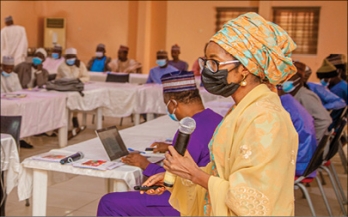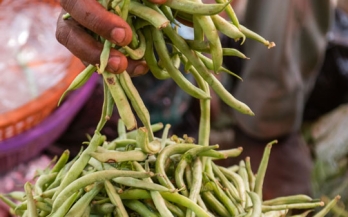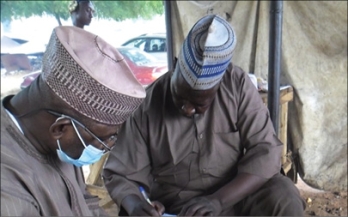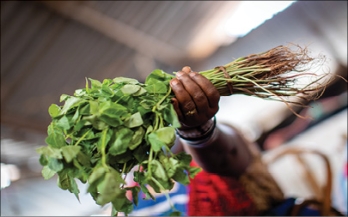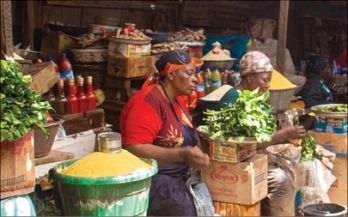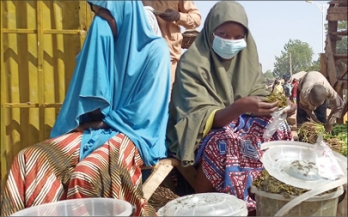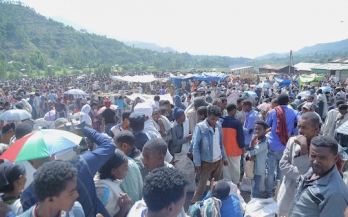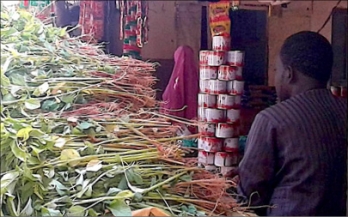- 13/04/2022
In Nigeria, recent regulatory efforts to prioritize food safety resulted in the draft National Food Safety and Quality Bill, which has yet to be enacted into law and currently awaits a final reading by Nigeria’s 9th National Assembly.
GAIN is delighted to welcome Ms. Wubet Girma as the new Country Director, Ethiopia. Ms. Girma is an international development and cultural relations professional with over 15 years' experience, a track record of leadership in Non-Governmental Organisations - vested in the acceleration of human, social, and economic capital.
In Ethiopia and Nigeria, food safety is a pressing issue – in 2019, 33% of surveyed Ethiopian and 20% of surveyed Nigerians experienced serious harm from food and water, leading to illnesses, malnutrition, stunting in children, and even death.
Use EatSafe's new, interactive Food Price Tool to explore how the COVID-19 pandemic impacted food prices in traditional markets in Bangladesh, Ethiopia, Kenya, Mozambique, Nigeria, and Tanzania.
- 09/03/2022
EatSafe evaluated the regulatory and policy landscape for food safety in Ethiopia at the national and regional levels, which included an assessment of existing regulations and resulted in recommendations for strengthening implementation.
This blog highlights findings related to gender from EatSafe's formative research. Women’s empowerment and gender equity are central to reducing the burden of foodborne illness and integral research, learning, and evaluation of food safety interventions.
It is with immense sadness that we are waving goodbye this week to Bonnie McClafferty, Director of Food Safety at GAIN! Bonnie has been an instrumental part of the organization in the past 11 years, revisiting GAIN’s focus since 2011 by looking at nutrition challenges from a food systems perspective.
- 13/09/2021
EatSafe conducted a systematic search and review process of 116 published studies on the perspectives and practices of consumers and vendors related to food safety in Ethiopia.
- 04/01/2022
The EatSafe program conducted a range of formative research activities to understand the local context in Northwestern Nigeria. Learnings from these activities were then used to develop market-based interventions to increase consumer demand for improved food safety.
